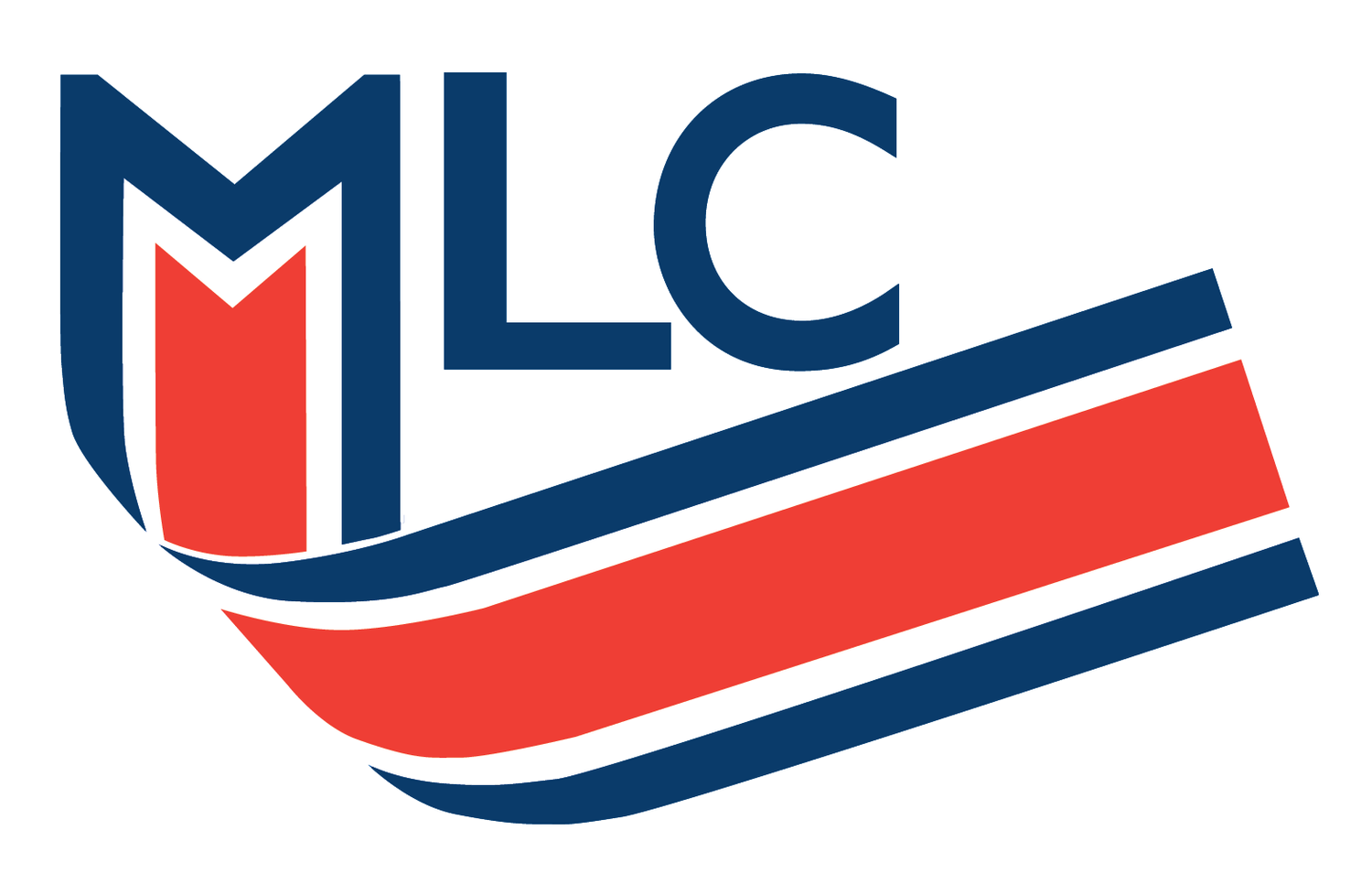Navigating the Future: MLC Prepares for Mandatory Sheep Carcase Classification
Shaping the Future of Sheep Farming: MLC's Role in Upcoming Mandatory Classification Changes
Meat & Livestock Classification (MLC) is actively preparing for a significant regulatory change in the sheep sector: the introduction of mandatory carcase classification and price reporting. This initiative, aligning sheep with existing regulations for beef and pork, is aimed at establishing a more transparent and equitable marketplace. MLC's seasoned expertise in sheep carcase classification, honed since the 1960s, positions us uniquely to assist abattoirs in adapting to these upcoming changes.
With the implementation anticipated in late 2024 or 2025, the new scheme will mandate uniform classification standards, with payments based on a consistent scale. This development promises fairer compensation for producers and increased clarity in the sheep meat market. The changes involve detailed assessments, including the identification of producer lots for traceability, monitoring dressing specifications, and evaluating carcase conformation and fatness.
MLC is also exploring cutting-edge Visual Image Analysis (VIA) solutions to drive the meat sector forward and assist with the new requirements. This technology promises to streamline the classification process. The introduction of VIA will represent a significant technological advancement in carcase classification.
As part of our preparation, we are engaging in industry consultation and carcase classification scrutiny committee meetings, including a crucial meeting in January, to clarify the implementation timeline and details. We understand the complexities this change brings, especially considering the challenges around VIA technology and approval processes.
Our message to our abattoir clients is clear: MLC is here to guide you through these changes. We encourage you to reach out to us for readiness assessments and further information. With MLC's support, abattoirs can confidently navigate this transition, ensuring compliance and capitalising on the opportunities these new regulations present.





